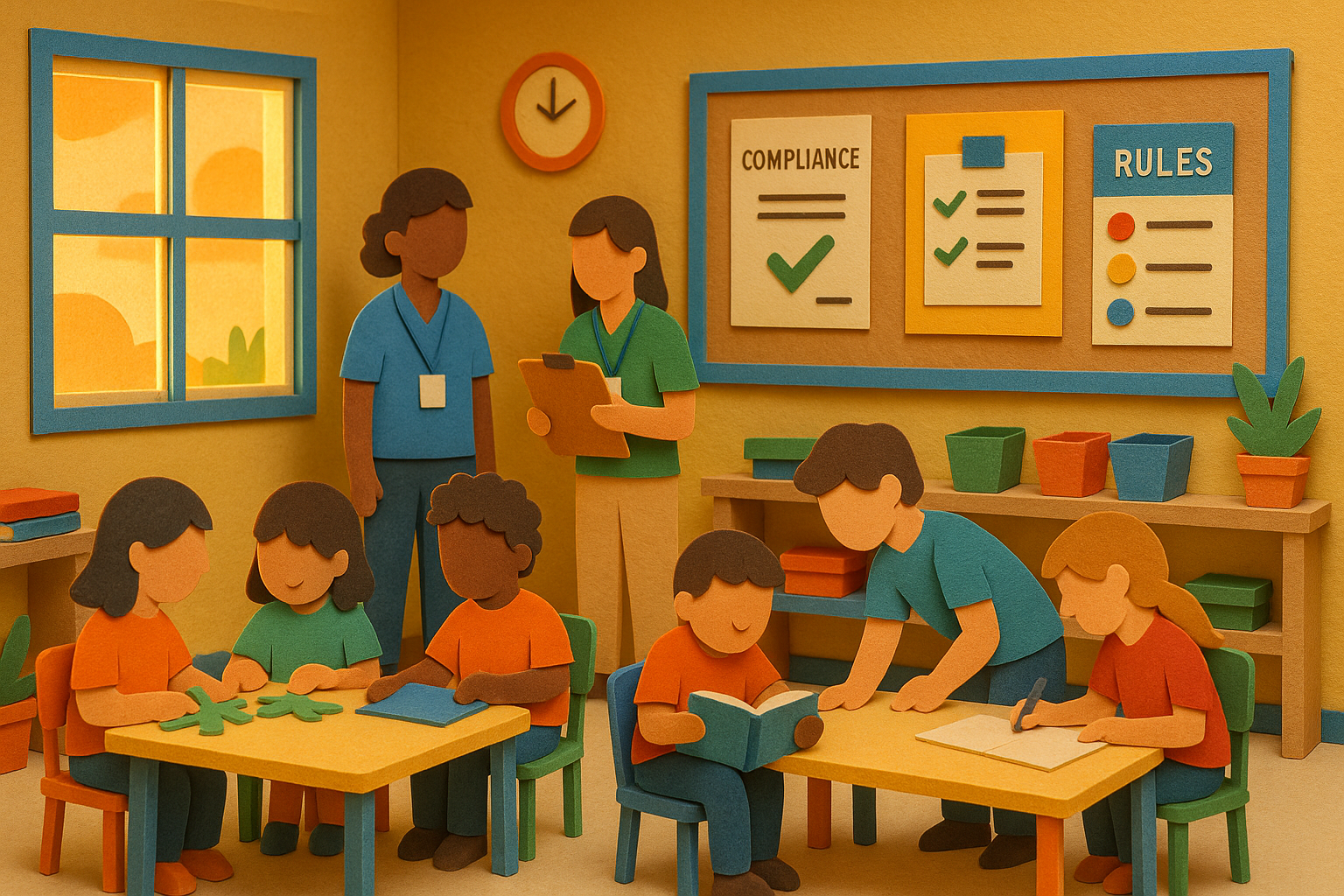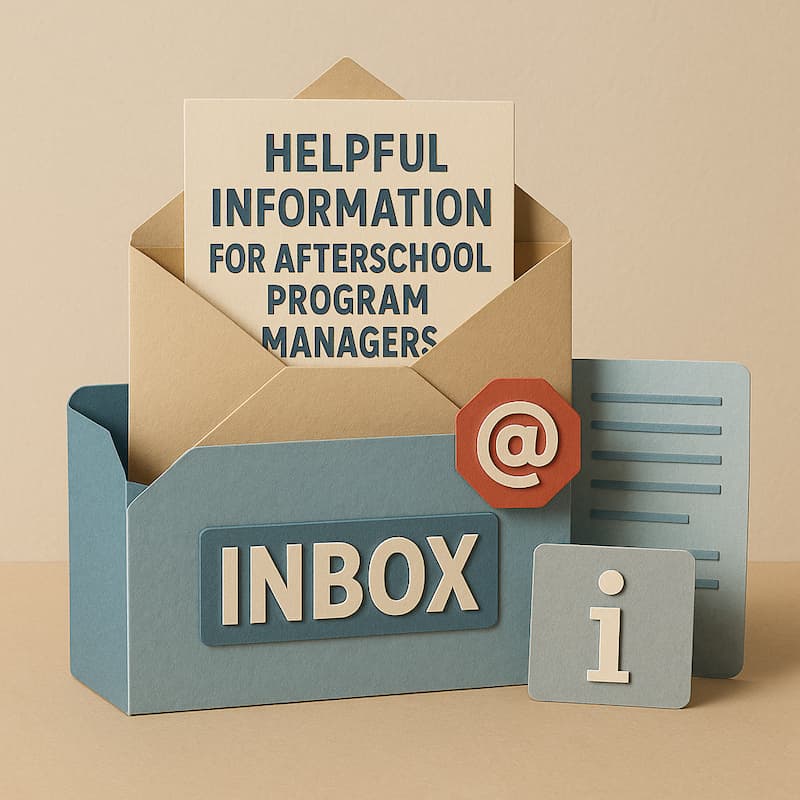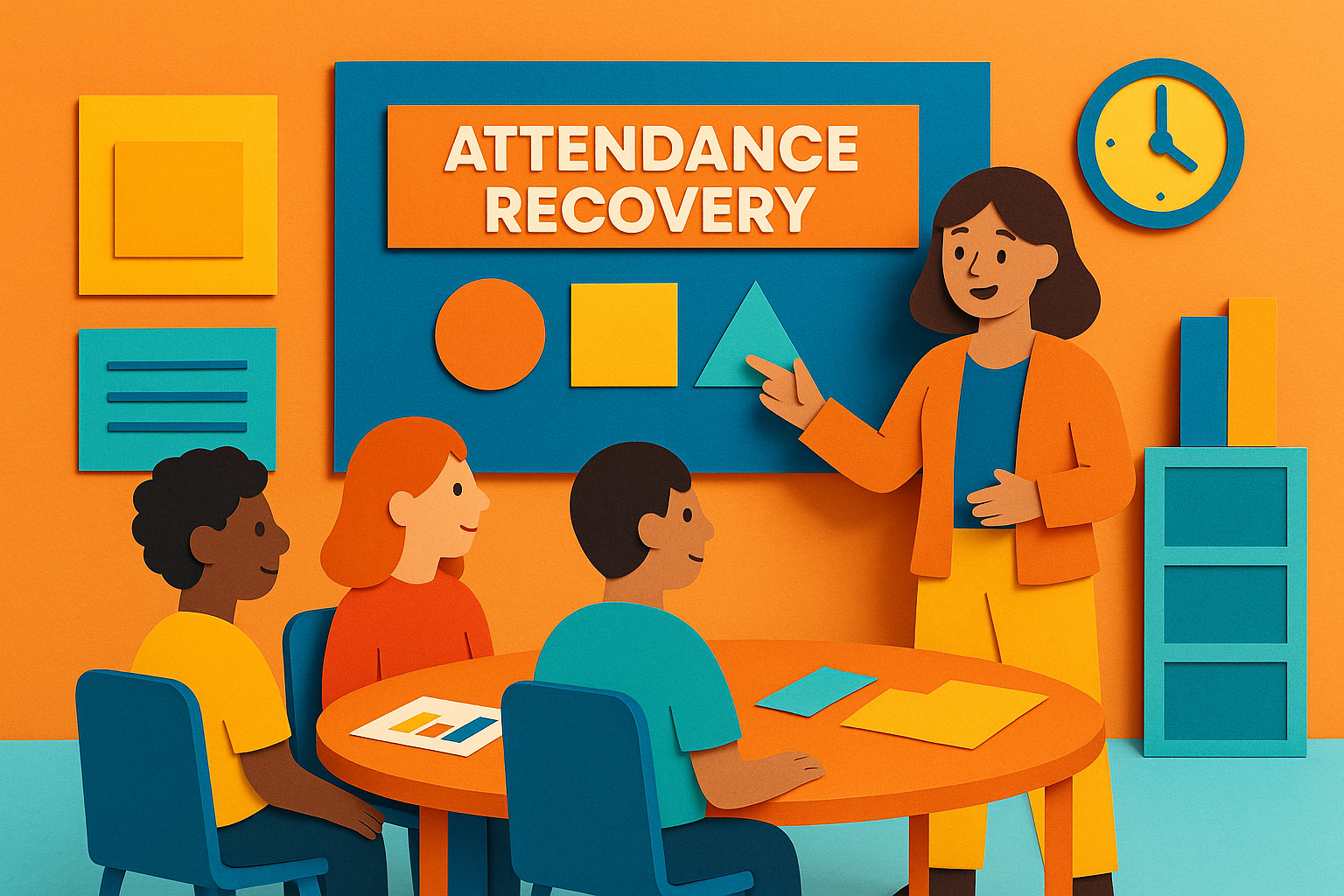For many students, the time spent in afterschool programs is just as valuable as their regular school day. These programs offer a safe space for learning, exploration, and growth beyond the classroom. Behind the scenes, ensuring these programs run smoothly involves more than organizing activities and securing funding—it requires a strong commitment to compliance.
Why Compliance Matters
Compliance in afterschool programs is a focus on adhering to laws, regulations, and quality standards that safeguard children and enhance program effectiveness. It’s about following rules and about ensuring that every child, whether in early learning stages or approaching high school, receives the support and care they need.
When programs prioritize compliance, they create environments where safety is elevated. This involves meeting licensing requirements, maintaining proper staff-to-child ratios, and ensuring all staff members have undergone necessary compliance training. It also means protecting student data and respecting privacy regulations, which is crucial in today’s digital age.
Impact on Students and Communities
Compliance directly influences program quality, which in turn affects student success. When programs meet established standards, they provide consistent learning support that can improve academic enrichment, foster healthy habits, and encourage positive social interactions among youth.
For example, maintaining accurate attendance records helps identify patterns that may indicate a need for additional support for an enrolled child. It ensures that students are where they should be and that parents are informed about their child’s participation. This attention to detail can significantly enhance the student experience, especially for those in middle school navigating critical developmental stages.
Moreover, compliant programs are often eligible for additional funding opportunities. Grants and government programs, like California’s Expanded Learning Opportunities Program (ELOP) typically require strict adherence to compliance standards. Access to these resources allows programs to expand their offerings, incorporate technical education components, and invest in improved facilities and training.
Supporting Staff and Program Managers
Administrators and program managers play a big role in managing and maintaining compliance. Providing ongoing training ensures that all staff members understand current regulations and best practices. This knowledge empowers them to make informed decisions, contribute to program evaluation efforts, and implement strategies that enhance program quality.
Investing in afterschool management software can also support compliance efforts. Such tools streamline administrative tasks, help maintain accurate records, and help produce compliant reports as required by funding sources like ELOP. By embracing technology, programs can reduce the administrative burden on staff, allowing them to focus more on engaging with students and delivering high-quality activities.
Building a Foundation for Success
Compliance lays the groundwork for creating safe, enriching environments where children can thrive. By meeting and exceeding compliance requirements, programs not only avoid potential legal issues but also position themselves as exemplary educational institutions committed to the well-being of young people.
Parents and guardians are more likely to trust and support programs that demonstrate a clear commitment to compliance. This trust can lead to higher enrollment numbers, increased community engagement, and stronger partnerships with schools and community-based organizations.
Furthermore, compliance fosters an atmosphere of professionalism and accountability. It encourages continuous improvement through regular program evaluations and aligns programs with national standards, such as those promoted by the Afterschool Alliance and other advisory boards.
Embracing Best Practices
To fully realize the benefits of compliance, programs should stay informed about changes in regulation and licensing requirements, prioritize staff development through regular compliance training and professional growth opportunities, maintain open communication with parents, school districts, and community partners to ensure transparency and build collaborative relationships, implement effective policies for protecting student data and respecting privacy, and utilize tools and resources, such as afterschool management software, to streamline compliance-related tasks.
By embracing these best practices, programs enhance their ability to provide high-quality services that meet the needs of children and families.
Exceptional Afterschool Programs Start With Compliance
The importance of compliance in afterschool programs cannot be overstated. It’s the foundation upon which safe, effective, and enriching programs are built. By committing to compliance, programs ensure they meet the highest standards of care and education, fostering environments where students can achieve success both academically and personally.
As we continue to support the growth and development of our youth, let’s recognize compliance not as a hurdle but as a vital component of quality education. It’s an investment in the future of our children and the strength of our communities, ensuring that every program offers the very best to those it serves.








